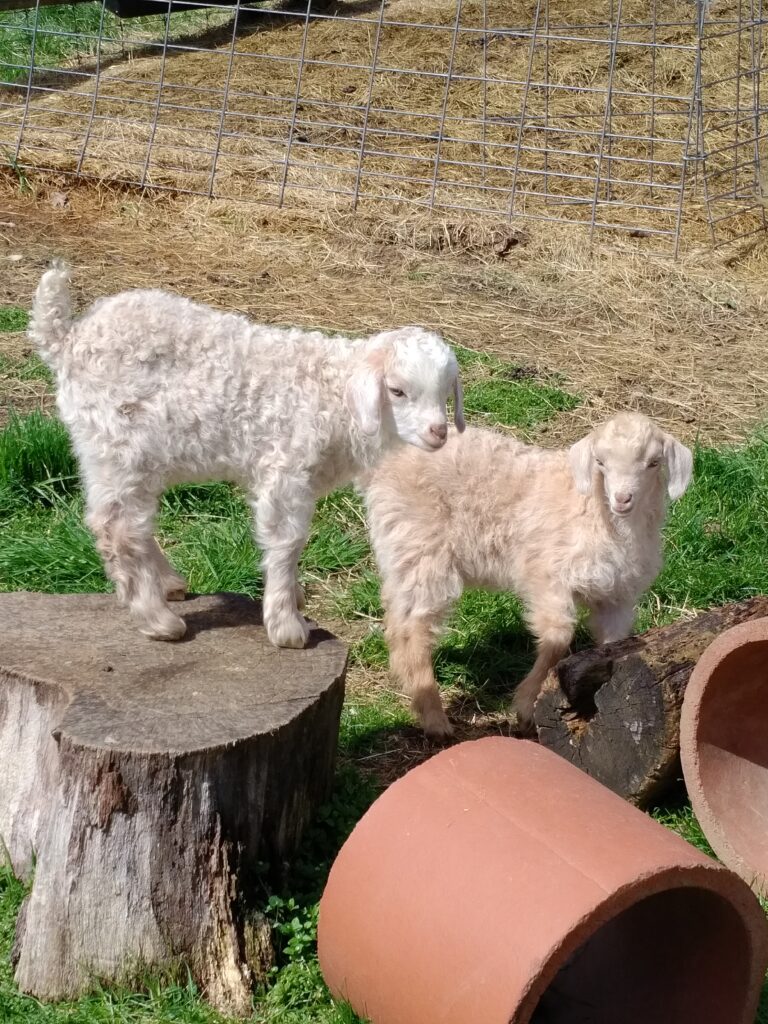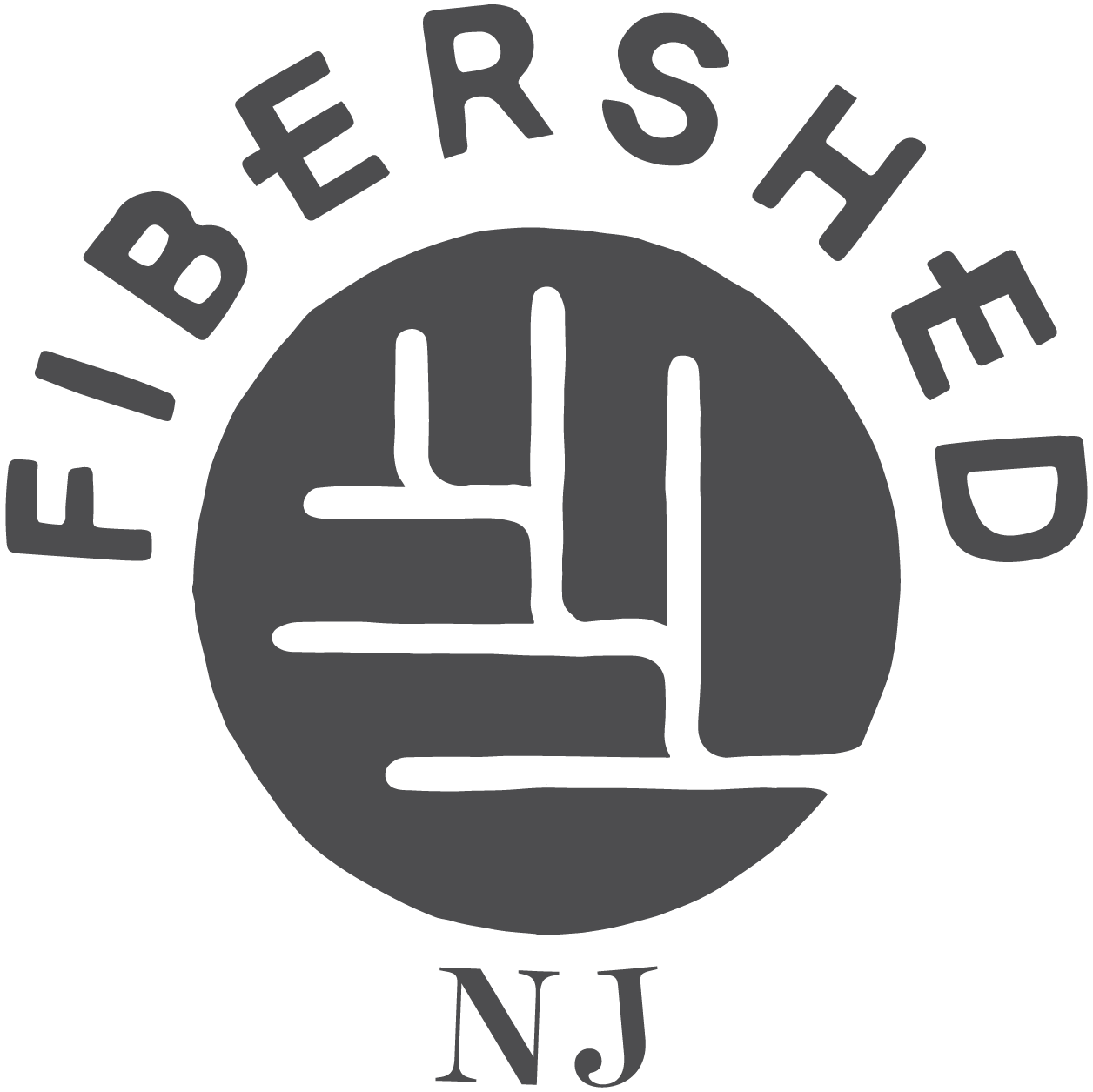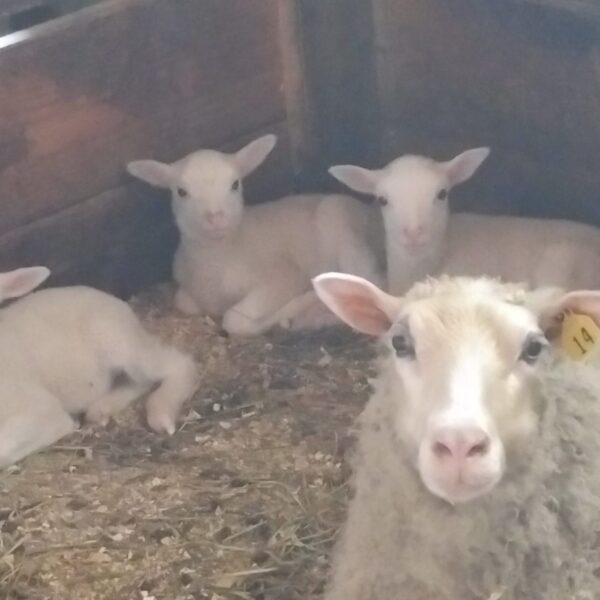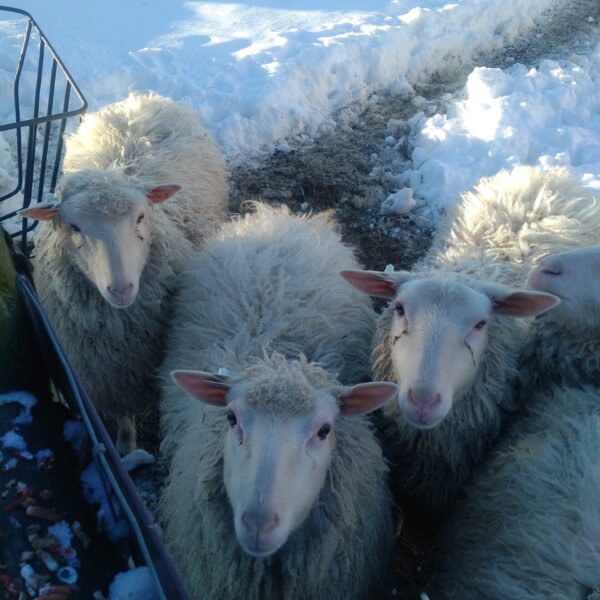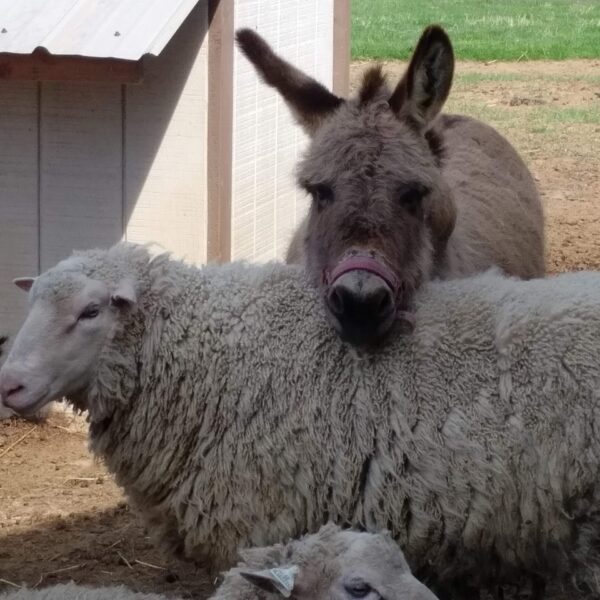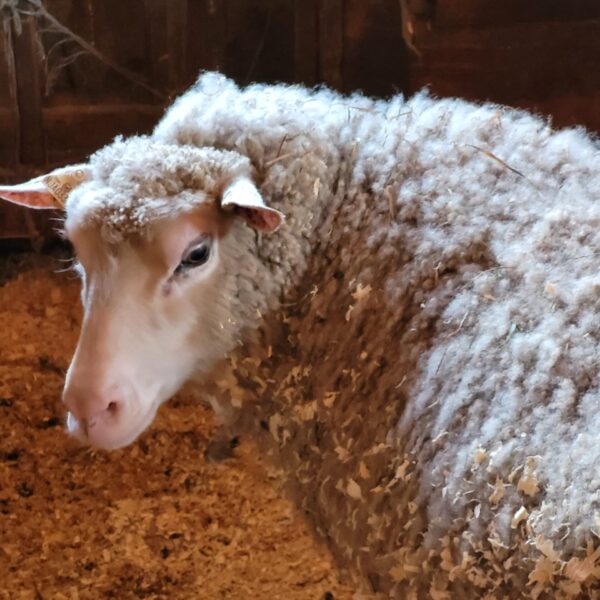What is the name of your farm? Can you tell us about the name?
Forest Bluff Farm. The name came following our move back to New Jersey from a job in Illinois, where we lived in Lake Bluff next to Lake Forest on Lake Michigan. We don’t have a lake, but there’s a small bluff in the patch of forest next to our barn. The name seemed to fit with the landscape of our farm, and worked with our family to commemorate our time in Illinois.
What animals have you raised in your life, and what animals are you raising now?
Now we have Angora and Cashgora goats, Finn and Icelandic Finn crossbred sheep, a few chickens, a couple of barn cats, a miniature Sardinian donkey, and her daughter hinny. Aside from these current farm residents, we have also raised quail, alpaca, llama, horses, some cattle, and socialized and placed over 40 feral kittens in homes over the years until we captured and neutered their parents!
What does a typical day caring for your animals look like for you?
Though the routine changes seasonally, a typical day would include feeding, watering, and checking the animals, Procuring hay and feed, mucking stalls, trimming hooves, vaccinating, deworming, shearing, bottle feeding lambs, mowing pastures, repairing fences and buildings, hosting visitors and students, and maintaining records occupy plenty of time as needed.
What products does your farm produce?
Wool, sheep and goat breeding stock, eggs, some vegetables for our family, and some limited meats.
Do you have any new projects on the farm, or new products that you’d like to share?
So far, we have personally used all the sheep wool and goat fiber blend yarns that we’ve created. There may come a time when our production would support limited external sales.
What experiences from your life–growing up, educational, or professional–have you been able to draw from to guide your life on the farm?
We lived with my grandfather growing up, and he raised rabbits and chickens. A sheep and guinea pigs were added as we joined 4H. After staring a family of my own, I did a stint as a docent at the Turtle Back Zoo, and saw the positive emotional and educational impact animals can have on people, notably children, and especially my own. There are so many aspects of life and living that can be taught through farm life. After we bought a house with an empty barn, it was inevitable that this biologist was going to fill it with something! A sheep, 2 pygmy goats, a flock of chickens, and a box turtle served us well enough to run a summer nature program for the city kids at the camp across the street from our house. A full-fledged farm followed eventually, and being a medical technologist by training, and having worked with laboratory animals as well, a lot of my former training and experiences could now be put to good use. Perhaps now that I’m retired, I have been preparing for this my whole life?
What has been one of the biggest surprises about raising animals?
No matter how many times you see it, you are always taken back to the profound awe of life itself when witnessing the births of newborn lambs ever spring.
What do you wish you’d known before you started?
I do wish I had spoken to more farmers before I set up our barn, wells, paddocks and pastures. Though we fared reasonably well, that would have helped develop a more optimized and efficient use of the land.
What are 3 things you’d like new farmers to know about raising animals?
- Make sure your neighbors will tolerate, and hopefully learn to appreciate, having animals around the neighborhood. (Mine surely do!)
- It is also a stark reality that small scale farming is very difficult to be profitable, let alone support a family.
- It will at times be hard, and sometimes even sad, but those times will be outweighed by all the many benefits.
What are your goals for the farm?
To be able to celebrate all of the joy and learning with my grandchildren that I shared with their parents, as well with as many other people beyond that in as many varied ways as possible!
